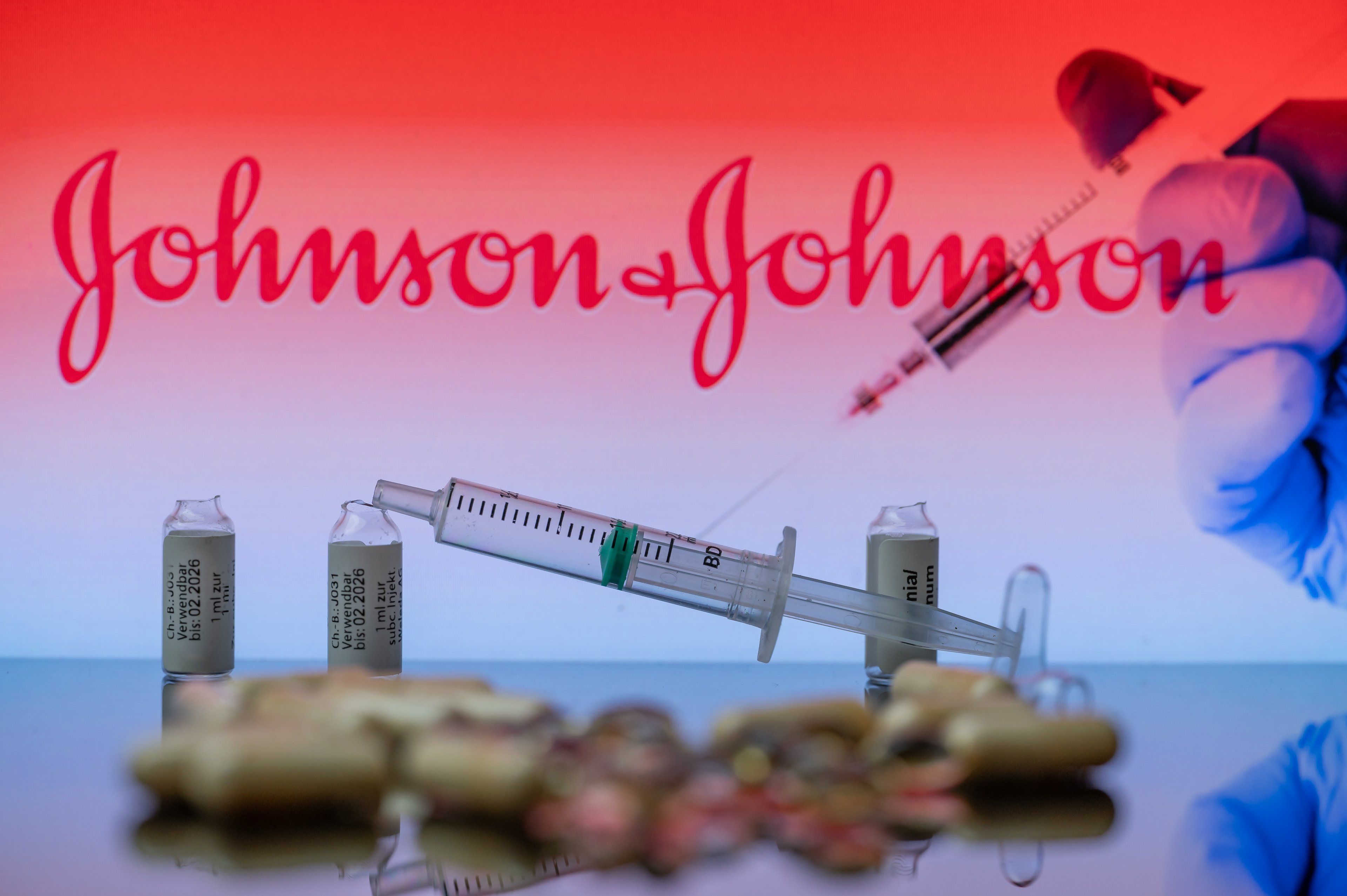We may have averted a disaster of Mayan-gantic proportions, and Christmas is just around the corner, but that doesn't mean that clinical data or the Food and Drug Administration is going to take any time off. Although we have no earnings data to mull over this week, all eyes are going to be turned to the biotech sector, awaiting the FDA's decisions on Johnson & Johnson's (JNJ 0.84%) multidrug resistant, pulmonary tuberculosis drug, Bedaquiline, before or by Dec. 29.
The drug itself has excelled in midstage studies, and J&J subsidiary Janssen Pharmaceuticals is hoping that the FDA will grant Bedaquiline accelerated approval, given that no new pathways of treating MDR tuberculosis has been approved in roughly 40 years.
Janssen received priority-review status for Bedaquiline in September, following two phase 2 trials that covered two separate dosing regimens followed by a year to 18 months of standard therapy.
In late November, the FDA drug panel voted 18-0 in favor of recommending approval for Bedaqualine; however, panel members were decidedly mixed on its safety efficacy, choosing to vote to recommend the drug by a sum of 11-7. At the heart of panel members' concerns was a midstage subgroup featuring 79 patients, of which 10 died, compared with just two of the 81 patients taking the placebo. Some panel members pointed out that elevated levels of specific liver enzymes could signal the potential for liver toxicity. In addition, patients taking the experimental drug also demonstrated increases in their QT interval, leading panel members to believe that heart irregularities could arise while taking the drug.
The truth, though, is that beyond the standard treatments such as Rifadin, offered by Sanofi (SNY 0.50%) and combined with other TB agents, there hasn't been a big advance in treatment options, side effects, or efficacy in TB, or MDR-TB, in a long time. That could go a long way into determining whether Bedaquiling gets approved -- although it may not save the drug from a black box warning label.
In the meantime, a consortium of big pharmaceutical companies, including AstraZeneca (AZN 1.15%), Eli Lilly (LLY 2.07%), Abbott Laboratories (ABT 0.68%), and Sanofi, to name a few, have joined forces with the Bill & Melinda Gates Foundation to launch the TB Drug Accelerator, or TBDA, program. The goal is to have five preclinical candidates with treatment-shortening potential within five years, and, while potentially putting a damper on Bedaquiline sales over the long term, could mean a big boost in treatment efficacy for the South Carolina Department of Health and Environmental Control's figure of one-third of the world's population that is infected with TB .










